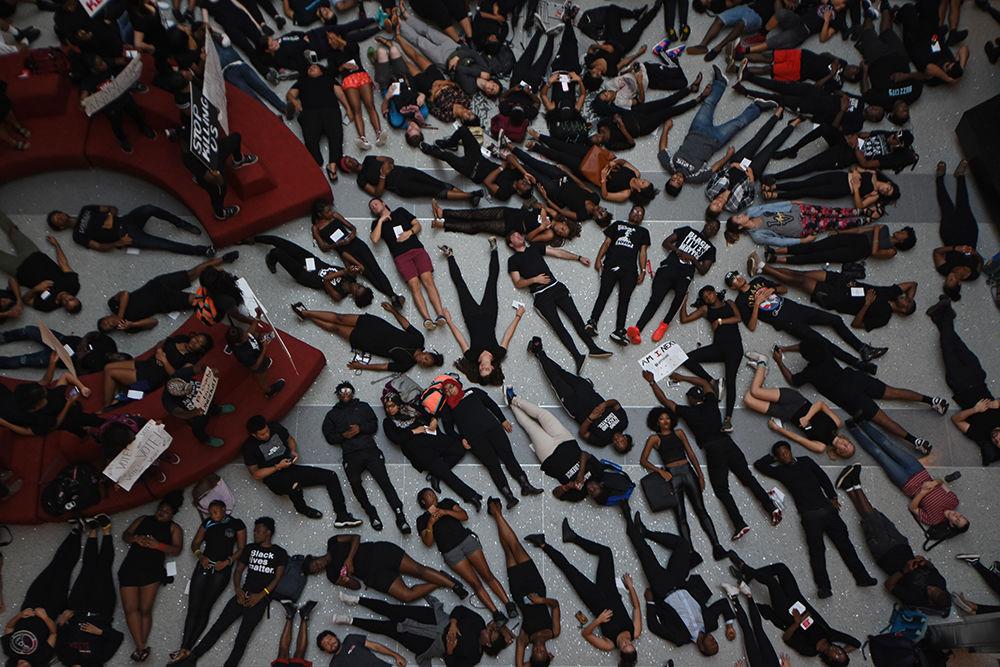The African American Cultural Center, GLBT Center, Multicultural Student Affairs and the Women’s Center collaboratively hosted Social Justice January on the 23rd, fostering student activism with the teaching and exploration of various social identities and skills to advance social justice and prominent issues within marginalized communities.
According to Reginald Barnes, senior director of Campus Community Centers, marginalized students at NC State face issues on campus that are both intentional and unintentional.
“The most common [issues] are unintended micro-aggressions [students] may experience on a daily basis,” Barnes said. “They can also be as difficult as outright discrimination. It changes depending on who the person is, depending on their intersectional identity and depending on the individuals who are creating that impact for them.”
Andy DeRoin, program coordinator for the GLBT Center, further identified what issues marginalized communities may face.
“We are a predominantly white institution, so students who are not white face challenges of being in spaces that are predominantly filled with people that don’t look like them,” DeRoin said. “For students that are not straight or cis-gender, they are navigating an institution that is not set up in such a way to really acknowledge and affirm what name and pronouns they want to go by. For students with disabilities, our campus is sometimes very difficult to navigate in terms of accessibility.”
The theme for Social Justice January was “beyond the buzzwords,” which according to Barnes refers to diversity, privilege and words which people use that discourage intersectionality.
The workshops that were offered at the event included Unlearning Diversity, Unpacking Privilege, Conversations About “the Other” and Immunity to Change.
All of the workshops provided a deeper foundational understanding of buzzwords and emphasized how they can play a role in improving interactions, relationships and experiences for both marginalized and non-marginalized individuals.
“We hear a lot of terms … that sound good, powerful and intentional, but everybody defines them differently,” Barnes said. “For each of the sessions, the planning committee decided to take many of those terms, break them down and involve the participants in activities that allow them to connect exactly how those particular terms are relevant to them.”
According to DeRoin, about 20 to 30 people attended each session, showing a desire to speak about and improve social justice issues on campus.
“This year, the audience was predominantly peer educators or student leaders within each of the campus community centers,” DeRoin said. “Really, the fact that they stuck through a pretty long experience shows that engaging in these conversations is desired and necessary and that students find value in it.”
Barnes stated that he greatly enjoyed the Unpacking Privilege workshop because the majority of the participants were non-marginalized individuals.
“Social Justice January is one of those events that is most beneficial for individuals who do not know much about diversity and inclusion,” Barnes said. “It was kind of eye-opening for some individuals who just see diversity based on what they see versus how someone personally identifies themselves. That was a very good thing, for the participants to see the difficulty, not necessarily of grappling with different identities or with the aspect of privilege, but being able to relate it to themselves.”








